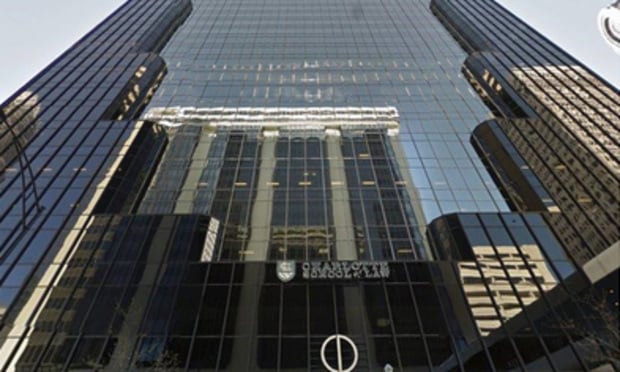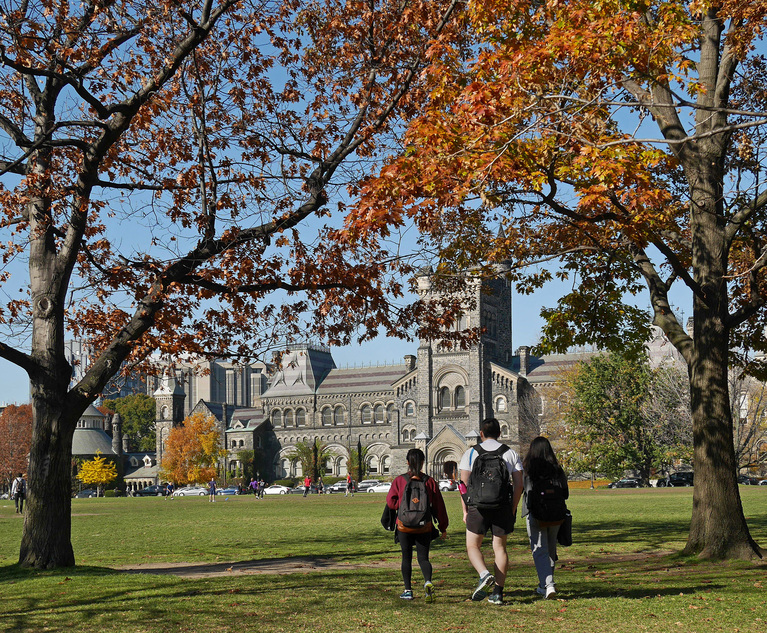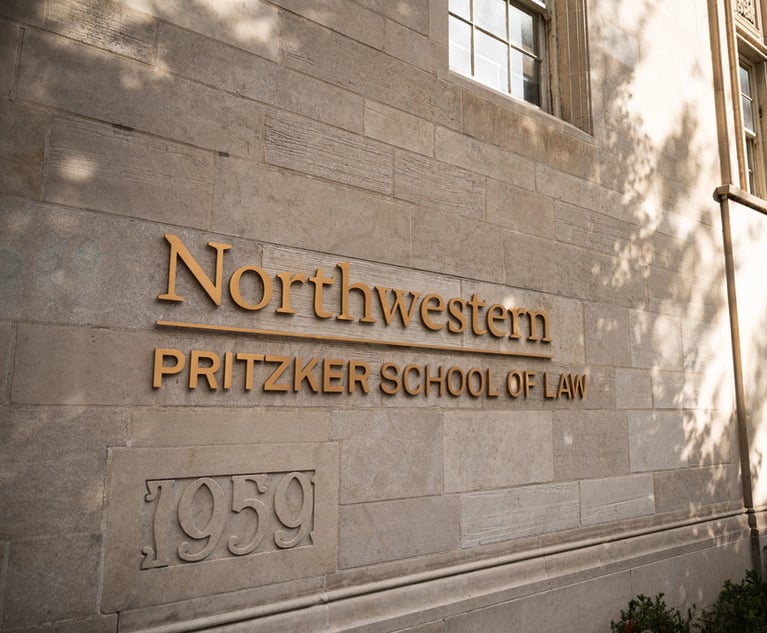The U.S. Court of Appeals for the Fourth Circuit has affirmed a $2.65 million class action settlement between the now-closed Charlotte School of Law and former students—some of whom had appealed the deal because they said it was not enough.
It would have taken more than $100 million to even refund a year of tuition for all the students who were unable to complete their law degrees, their attorneys argued. But those who brokered the agreement said they pulled in every dollar on the table.
This content has been archived. It is available through our partners, LexisNexis® and Bloomberg Law.
To view this content, please continue to their sites.
Not a Lexis Subscriber?
Subscribe Now
Not a Bloomberg Law Subscriber?
Subscribe Now
LexisNexis® and Bloomberg Law are third party online distributors of the broad collection of current and archived versions of ALM's legal news publications. LexisNexis® and Bloomberg Law customers are able to access and use ALM's content, including content from the National Law Journal, The American Lawyer, Legaltech News, The New York Law Journal, and Corporate Counsel, as well as other sources of legal information.
For questions call 1-877-256-2472 or contact us at [email protected]

 Charlotte School of Law in Charlotte, North Carolina.
Charlotte School of Law in Charlotte, North Carolina.








